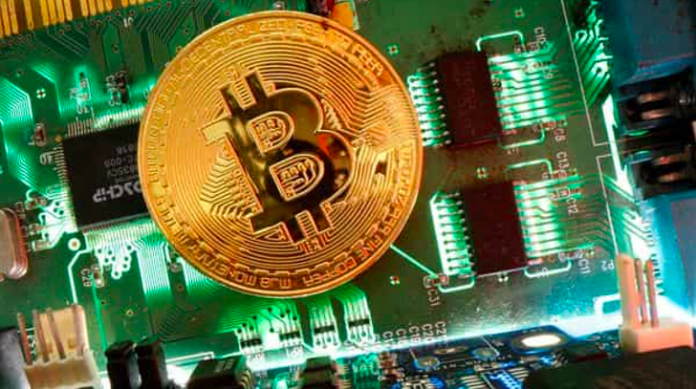Bitcoin’s value rose to new horizons last month in March when the digital asset managed to surpass the new record mark of $60,000. Although it fell back down soon after, it is slowly but surely gaining momentum again.
By shattering this new barrier, Bitcoin has invited many potential investors and curious spectators into the crypto space to try out their luck at being knee-deep in riches. In fact, this rally has even managed to drive a tulip-mania-style frenzy on Wall Street with many institutional investors looking to join in.
Major corporate and insurance firms, asset managers, and hedge funds have been seen making huge bets on Bitcoins as well as some other cryptocurrencies. Tesla, MicroStrategy, BlackRock have invested or made decisions to invest in the crypto sector. Financial firms have also stepped up their crypto game with PayPal, Square, and MasterCard being at the forefront.
However, this recent boom has resulted in many impulsive and novice investors, looking for high returns and ready to be too trusting too fast without adequate information, to jump into the crypto space unprepared. Such a class of investors usually loses big at the hands of scammers and fraudsters, which are lurking around each corner waiting to cash in on the naivety of such investors for their own gain.
But this comes as no surprise as the cryptocurrency market is currently worth more than $1 trillion. Hence, it is expected that scammers would want to exploit such a lucrative sector of the financial market.
Since Bitcoin’s inception, the crypto space has been riddled with fraudsters and scammers with cyber-attacks becoming a frequent incident as the cryptocurrency becomes more popular.
Therefore, in order to operate in a space plagued with scammers, it is absolutely essential to understand not only the risks but also be able to identify and avoid them before you take the plunge. Here are 4 of the most common threats to the crypto space and ways to avoid them:
Fake Digital Wallets
Digital wallets are used by owners of cryptocurrencies to store their coins. There are generally two types of digital wallets: hot and cold wallets. Cold wallets that are also referred to as offline or hardware wallets are considered to be the safer option for storing cryptocurrencies as they are not connected to the internet.
Hot wallets, on the other hand, are connected to the internet and a more risky option. However, many investors still opt for them as they provide better accessibility to users. But fake wallets occasionally show up that steal away your savings.
Hence, choosing a cold wallet may be a better option for security purposes. But if you prefer a hot wallet, make sure you do your homework before selecting a service provider.
Fake Investment And Trading Platforms
Unfortunately, the crypto space is filled to the brim with a number of shadow exchanges. These may appear and disappear overnight along with the millions of dollars’ worth of investments by crypto enthusiasts.
Not only that but several trading platforms have been uncovered to be swindle schemes run by scammers with the hope of stealing away your money. Many others charge outrageous commission charges or make it difficult to withdraw your investment once you have made the deposit. Many investors tend to fall prey to their claims of high profitability rates without determining the legitimacy of the trading platform you’re about to use.
Therefore, it is best to stick to the reputed and recognized crypto trading platforms, such as bitql official site. Also, it is absolutely vital that you do your due diligence if you opt to trade with a platform that is new or promises returns that are just too good to be true.
Giveaway Scams
Giveaway scams are another method used by fraudsters to trick you into giving away your money without even knowing it. It is also one of the most popular where scammers promise free cryptocurrency as a supposed giveaway and request for your personal information and wallet address verification. But instead of giving away free coins, they take away the ones you already have.
Giveaway scams are quick and usually spread on social media. Hence, do not give your information away to any page or person promising you free crypto coins.
Initial Coin Offering (ICO) Fraud
Initial Coin Offerings (ICOs) are generally used to raise capital for any blockchain-related activities and ventures by means of selling cryptocurrency. However, ICOs are an unregulated territory which is essentially a free invitation for scammers who have taken up the opportunity to exploit other investors.
ICO fraud is usually carried out by the creation of fake ICOs by criminals that take away any money given to them by investors. Another way of ICO fraud is when hackers impersonate a legitimate ICO and trick interested investors to pay them directly instead of the real company.
Hence, it is crucial to carry out sufficient research on an ICO before you make the decision to buy-in. A useful trick is to check industry sites to verify the legitimacy of any concerned ICO.
Disclaimer: This article contains sponsored marketing content. It is intended for promotional purposes and should not be considered as an endorsement or recommendation by our website. Readers are encouraged to conduct their own research and exercise their own judgment before making any decisions based on the information provided in this article.



































